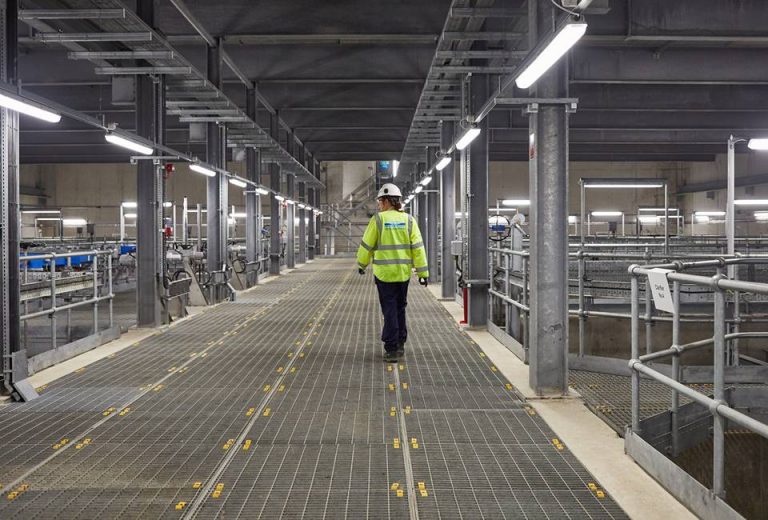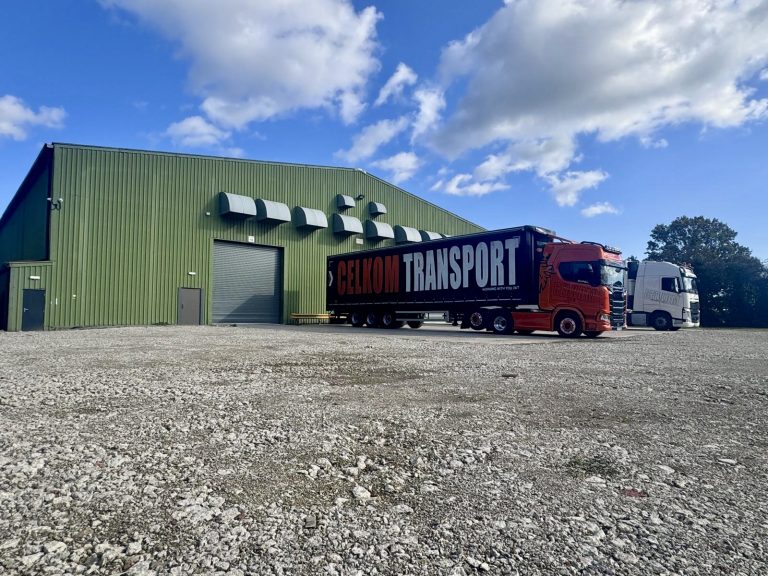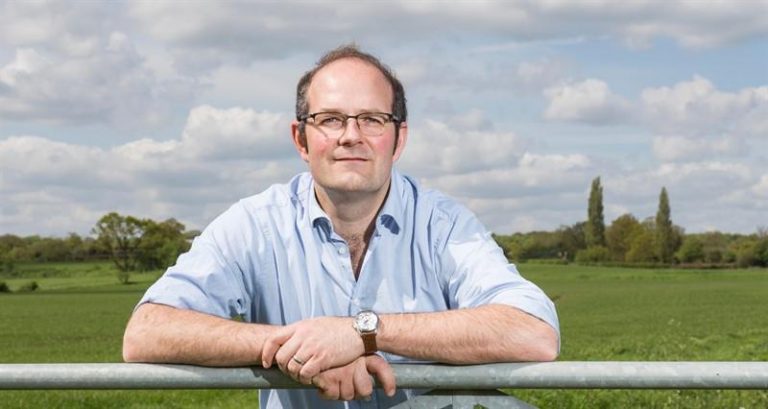Contract to build Whitby Maritime Hub to be considered for approval
Yorkshire Water appoints partners to £850m framework
Yorkshire Water has appointed seven contract partners to its new complex non-infrastructure works framework, worth £850m, which covers the 2025 – 2030 delivery period (AMP8).
The partners have been selected across the framework to deliver on the utility’s increased investment in non-infrastructure clean and wastewater assets over the next five years.
Partners selected onto the framework are Barhale, Galliford Try, Glanua, Kier, Mott MacDonald Bentley, Tilbury Douglas, and Ward & Burke.
Partners will provide civil engineering, mechanical, electrical, instrumentation, control and automation and building capability and expertise to the utility as it increases investment in its clean water and wastewater networks across Yorkshire.
The utility will undertake its largest ever environmental investment programme in the AMP8 period, with plans to invest £8.3bn across the business recently approved by Ofwat, the water industry’s regulator.
Rachael Fox, head of programme delivery at Yorkshire Water, said: “We’re looking forward to working with our chosen partners as we embark on an ambitious investment programme from 2025. There’s a big challenge ahead – not only to meet new regulatory requirements, but to meet customer expectations too – and effective collaboration will be key to our success.”
Make UK partnership offers AI support to businesses
Hull and East Riding of Yorkshire leaders agree Capital Programme funding
High winter demand for gas reduces reserves to ‘concerningly low levels’
Plunging temperatures and high demand for gas fired power stations have reduced UK winter gas storage to concerningly low levels, according to Centrica.
The UK’s gas storage is under pressure this winter as the UK battles both extreme cold and high gas prices. The ongoing colder-than-usual conditions in the UK combined with the end of Russian gas pipeline supplies through Ukraine on 31 December 2024 has meant that gas inventory levels across the UK are down. As of the 9th of January 2025, UK storage sites are 26% lower than last year’s inventory at the same time, leaving them around half full. This means the UK has less than a week of gas demand in store. Gas storage was already lower than usual heading into December as a result of the early onset of winter. Combined with stubbornly high gas prices, this has meant that it has been more difficult to top up storage over Christmas. The situation is echoed across Europe. By 7 January 2025, despite many countries mandating minimum storage levels ahead of winter, European storage was at 69% capacity, down from 84% at the same time the previous year. The UK’s total gas storage capacity is around 10 per cent or less than in France, Germany, or the Netherlands. As energy demand spikes due to the freezing weather, the UK has seen a particular strain on its gas storage. Despite being full ahead of winter, current gas inventory at Rough, the country’s largest gas storage site, which is operated by Centrica, is 20% lower than at the same time last year. Rough has played a crucial role so far this winter by supplying almost 420 million cubic meters of gas since early November, enough to heat three million homes every day. Chris O’Shea, Group Chief Executive of Centrica, said: “The UK’s gas storage levels are concerningly low. We are an outlier from the rest of Europe when it comes to the role of storage in our energy system and we are now seeing the implications of that. As we work towards Clean Power 2030, long-duration energy storage will be needed more than ever in order to help balance a system that is increasingly reliant on renewables. “Energy storage is what keeps the lights on and homes warm when the sun doesn’t shine and the wind doesn’t blow, so investing in our storage capacity makes perfect economic sense. We need to think of storage as a very valuable insurance policy. Like any insurance policy, it may not always be needed, but having more capacity helps protect against worst-case scenarios. “If Rough had been operating at full capacity in recent years, it would have saved UK households £100 from both their gas and their electricity bills each winter. We stand ready to invest £2bn of our own money in upgrading and redeveloping the Rough gas storage facility but we urgently need the cap and floor model recently announced for long duration energy storage to be applicable to Rough. With that, we can create thousands of new jobs in construction and safeguard a vital national asset. Without that, UK consumers will continue to have higher energy bills than is necessary.”











